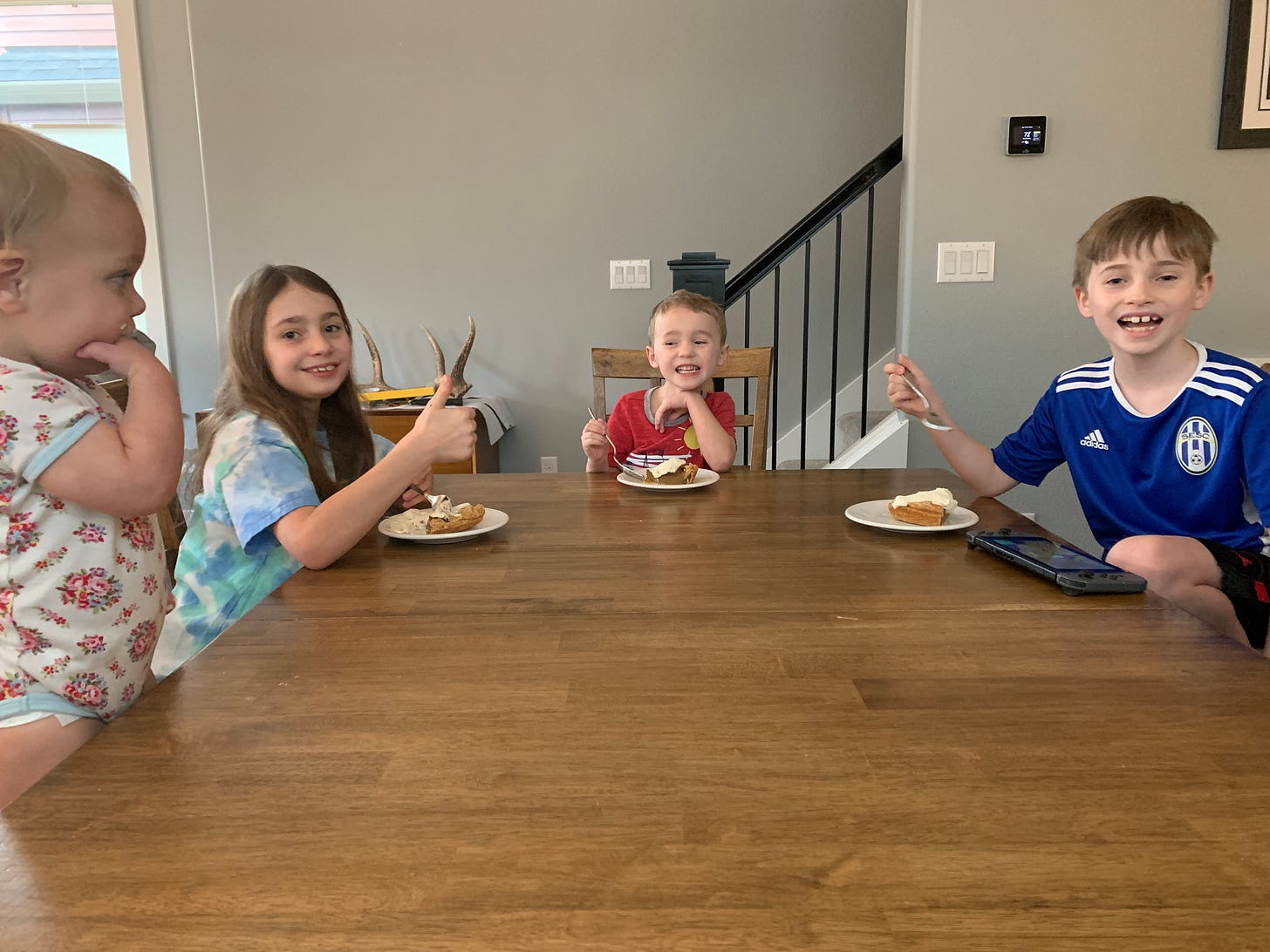In true 2020 form, the past week was a doozy. My husband hurt his ankle while on a jog. This meant that we had one less set of adult hands in our home of six. So, I whipped up some seasonal comfort food, including pumpkin pie and apple tart for breakfast and chicken pot pie and meatballs for lunch and dinner. In other words, this weekend was a time for taking care and healing in my home and I did not capture my typical policy hotlist for this post. But, you’re not off the hook because I have a couple of action items for you. Please subscribe and read on.
1. Read about racial equity in Getting Smart
There is a collective call to action today to address the racial disparities that are expanding as a result of the global health pandemic and economic crisis. Local leaders are at the helm of this transformative work. In a recent blog post for Getting Smart I expanded on a few pragmatic approaches I’ve witnessed in Oregon and beyond. Take a look in 4 Ways to Develop Anti-Racism.
“As a collective, we can mitigate racial disparities through large-scale policy reform & grassroots community organizing... [like] honoring the generational disparities that have long-standing evidence across our social structures.” @cmtpitts @tvanderark https://edpolicyhotlist.substack.com/
2. Leave a comment about assessment and accountability
Today, the public is immersed in a barrage of questions, information, and uncertainty with little evidence. Meanwhile, concern is growing about the impact of distance or hybrid learning and the whether we should be reopening schools. Yet, many continue to shy away from data and systemization. The pressure is rising to define the utility and value of educational assessment and determine the role of transparency in reporting this year. I have a lot of thoughts brewing about how we move into an era of modernization around assessment and accountability, but I want to hear from you. Please leave a comment below about your response to some of these questions:
To what extent do you think we should or can disentangle assessment from accountability this year?
What are they ways you imagine accountability shifting in the next 3, 5, and 10 years?
What role would assessment play in your ideal local reporting and data sharing system?
What role would assessment play in your ideal state and national accountability system?
What are your other musings on this topic?
Dr. Christine M. T. Pitts serves as Manager of Research and Evaluation at Portland Public Schools. As an Oregonian, raised by a multicultural family of educators, she brings a decade of progressive strategic leadership experience, a transformative vision, and analytic skill to crafting state education policy. An educator and researcher by training, she has conducted legislation, governance, and policy analyses on a wide array of education issues using social network analysis and mixed methods research. In addition, Dr. Pitts is a facilitative leader who deeply understands and co-constructs local and national partnerships and convening across stakeholder groups. Dr. Pitts currently coordinates between state and national policy leaders to investigate and advocate for policies that prioritize equity in education. Christine lives with her husband and four children in Portland, Oregon. Follow her on Twitter @cmtpitts.





